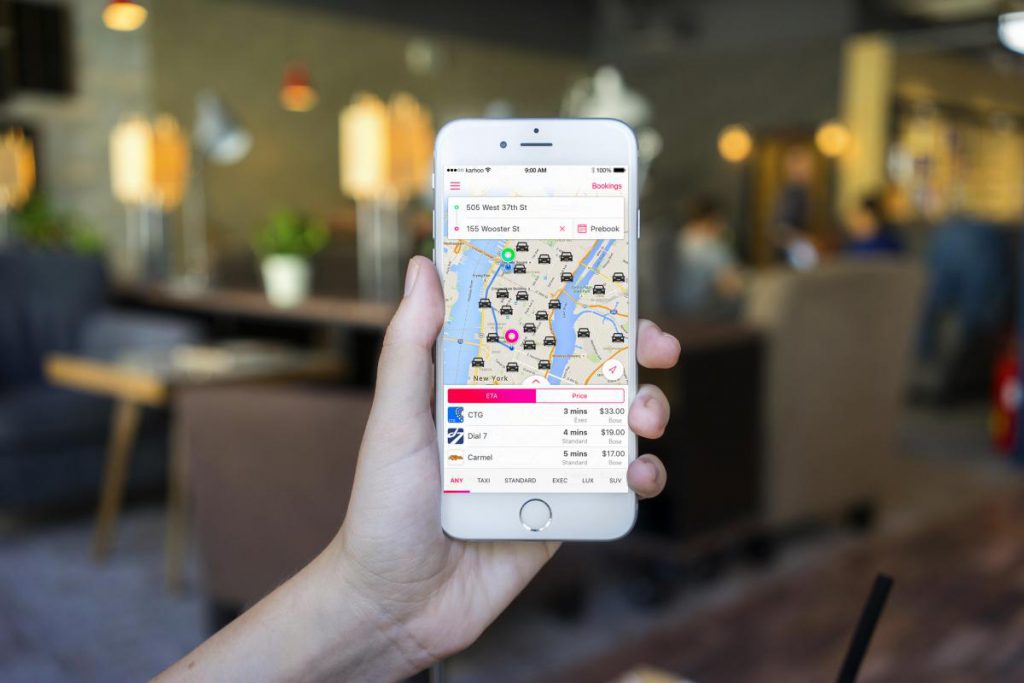Karhoo was the startup to end all other ride-hailing companies.
Founded by British entrepreneur Daniel Ishag, the startup had ambitious dreams of leaving private car service Uber behind in the dust. At that point in time, the ride-hailing market was already saturated with giants like Uber and Grab, while taxi companies had already started building up their own booking apps.
How Karhoo differentiated itself was, instead of disrupting the taxi market, it offered a chance for collaboration. Its app platform would also allow users to compare between multiple taxi/ride services rather than having to switch between apps.

This was truly a tricky market to navigate, and Karhoo was fully intent on not stepping on any toes.
In past articles, we had covered Karhoo’s promising entry into the Singapore market, with the company having already obtained the approval of the Land Transport Authority (LTA). And despite 1 in 10 Singaporeans polling to remove private car services from the market in 2015, for a moment it did seem like Karhoo was going to make it.
Only it didn’t.
On the 8th of November 2016, Karhoo officially announced its closure with a company statement on its website.
It reads as such:
It is with much regret that we have to announce that Karhoo has had to close its service and is now looking at the next steps for the business. The board is taking advice in that respect.
The Karhoo staff around the world in London, New York, Singapore and Tel Aviv have, over the past 18-months, worked tirelessly to make Karhoo a success.
Unfortunately, it became clear two weeks ago that the financial situation was getting pretty dire with Karhoo in urgent need of funding. Discussion with a potential new backer ended last night forcing the company to stop trading.
We would like to thank our staff, our partners, the fleets around the world that shared our vision, and the hundreds of thousands of people who downloaded the app and supported what we were trying to do.
The world needs a Karhoo.
Well, it seemed like the world disagreed, so what went wrong?
We’ve distilled 3 main points from the entire saga.
1. Overly Ambitious

Karhoo burst onto the scene in August 2014 guns blazing and outrightly declaring that it was going to take down Uber. And although some might call this foolhardy and poorly thought-out, Karhoo had the financial backing to support its claim, with the New York-based startup having already raised $250 million.
But their high optimism level for being a solution to the woes of taxi companies have proved disastrous.
Aiming high is good for progress, but one should also be prudent about setting goals. In the case of Karhoo, Uber was simply too far ahead for them to catch up to.
2. Poor Reach

Its voice was loud, but it seemed that Karhoo did not have the clout to walk the talk.
The take up of its app was dismal, with only 50k – 10k downloads from the Android market, as opposed to 100 million (at the point of writing) for Uber. In terms of UK transport apps, Karhoo came in at a disappointing #86, with the brand appearing nowhere on the US charts.
So what happened here?
Apparently, poor marketing was its downfall. Karhoo was supposedly actively promoting in the London market but a quick look at comments proves otherwise.

Not only that, but it seemed like Karhoo was already showing signs of poor management with its not-so-well thought out promotional tactics.

3. Poor Financial Planning
Karhoo had a starting budget of $250 million (an amount that is now coming under suspicion), which to new startups can be an overwhelming amount.
To someone whose ambitions are to dominate the current market leader, i.e. Uber, this funding can appear to be a godsend. To others, it appears instead as a one way trip to destruction.

In addition to splurging on marketing and TV screen time, Karhoo had also signed up on a 10-year lease to the top floor unit with rooftop access at 386 Park Avenue South in New York City to serve as their global headquarters.
And despite the fact that the customers were not lining up enthusiastically to download the apps, Karhoo was still somehow managing to justify opening opening offices in UK, New York, Singapore and Tel Aviv.
Karhoo is not the first startup to fail because of an overly-saturated market. Singaporean name Novelsys met a similar end with its wireless charging devices, which after its Kickstarter campaign did sell, but the brand could not stand strong amidst the strong competition.
And while Karhoo has yet to comment any further on the closure of the company, it’s pretty clear that the team still has a way to go before they will be showing up on the startup radar again.










